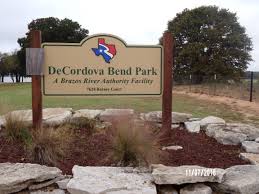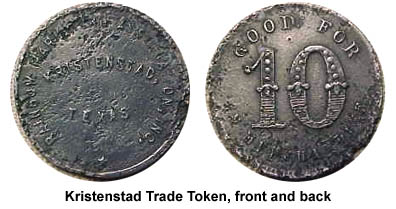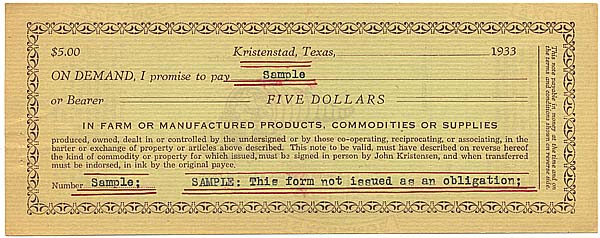
Socialist Ghost Town
Once this was Kristenbad
Wrapped around the de Cordova bend in the Brazos River, just south of Granbury, Texas, lies the small gated community of Pecan Plantation. Once upon a time, that site was originally the home of Kristenbad, which was often labeled as a Socialist Utopia.
Established in 1928 by John Christensen, a Danish-American, it was envisioned as a sort of cooperative self-help colony. The definition of just what the colony was to be called has been debated by many Texas historians. Some have called it communism, some socialism, some a utopian community.
In the late 1920s, Christensen bought about 200 acres from the Burleson family. This is the famous Burleson line of Texas history fame and the specific Burleson, Albert Sydney, that he bought it from was the Postmaster General of the United States during the Woodrow Wilson administration. That particular Burleson introduced segregation into the Postal Service and was responsible for the censorship and suppression of left newspapers and periodicals during WWI. What Albert Burleson thought about his land being used in such a way is unknown at the moment. Perhaps an archival dig is in the offing by PHIT.

There were perhaps 200 people who participated in the enterprise. These were families who lived together, worked together, and helped each other out. They didn’t call it socialism, but it is hard to find a better word. Christenson himself was attracted by the living arrangements of Scandinavian agricultural communities who relied upon and supported each other. He tried to create a similar arrangement in Texas. It worked for a while.

The Kristenbad community had a community sawmill, a chair factory and a charcoal factory. The businesses were set up using community resources and were to be used by the community. The Kristenbad community provided a non-profit store, a stock purchase plan and a marketing cooperative. The community created its own monetary system, based on non-precious metal tokens that only circulated within Kristenstad. It was just small change—a nickel, dime, quarter and half-dollar—and just used in the local stores. But it wasn’t socialism, say many commentators, because people owned their own land.
During the 1930’s, Christenson proposed that the unemployed homeless in Fort Worth be given land in Kristenbad which would be paid out over time. He proposed that charities help. This structure is similar to lots of intentional cooperative, collective, utopian, socialist communities.
In the 1930s New Deal, a series of 10 Texas subsistence communities, created by the federal government were basically run as cooperative communities for a while. Certain things were owned in common. Kristenbad was a precursor of the subsistence communities. You can view three documentaries on the New Deal subsistence communities on the PHIT website.
Kristen bad was a limited cooperative. Newspapers called it utopia. In the great Depression, of course, it was far from a Utopia. Prices fell. The chair factory burned. A drought hit. A hard winter. And, honestly, folk, that is usually about all it takes to kill a Utopia or a cooperative that is just starting out.
In 1938, the community defaulted on a note and the property was returned to the Burleson heirs.
A dam on the de Cordova Bend was proposed in 1964 and finished in 1969.
At the present time, Kristenbad is the site of Pecan Plantation, a gated community wrapped around the Brazos River. Pecan trees, do indeed populate the area just outside the community. Still a bit of a utopia. Free pecans for all.